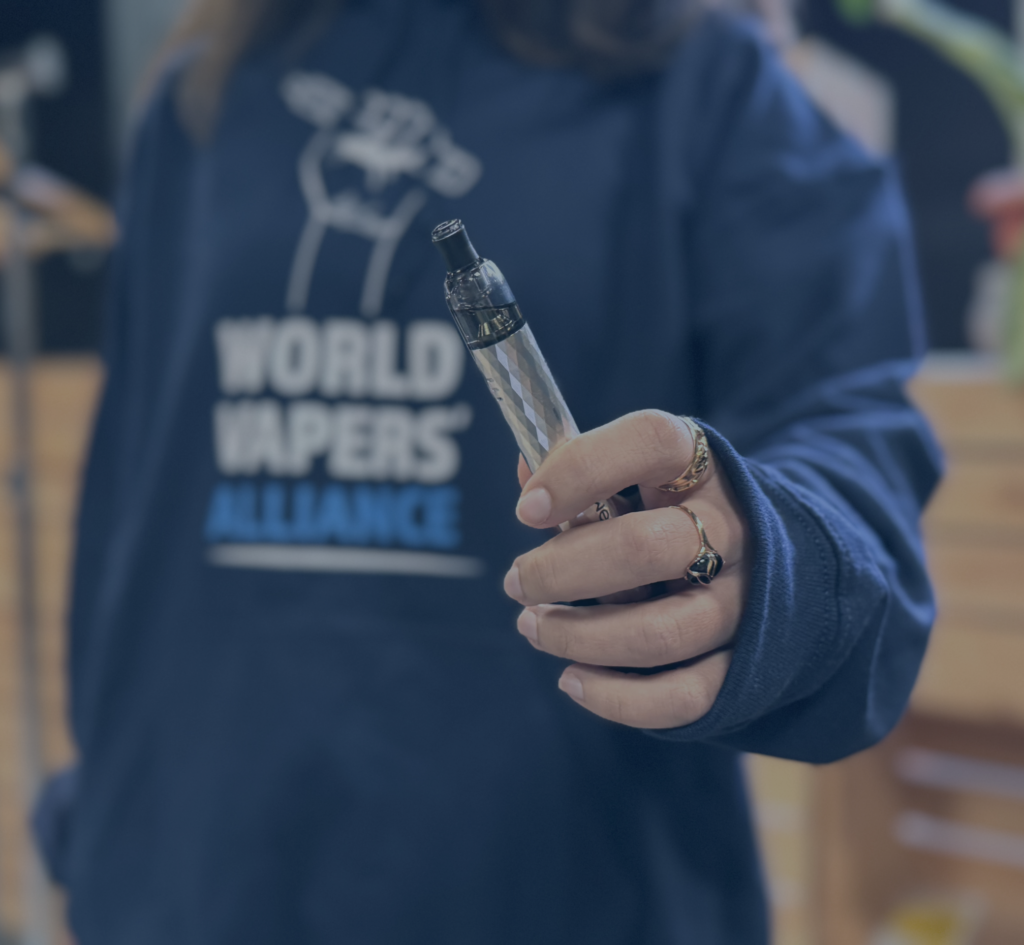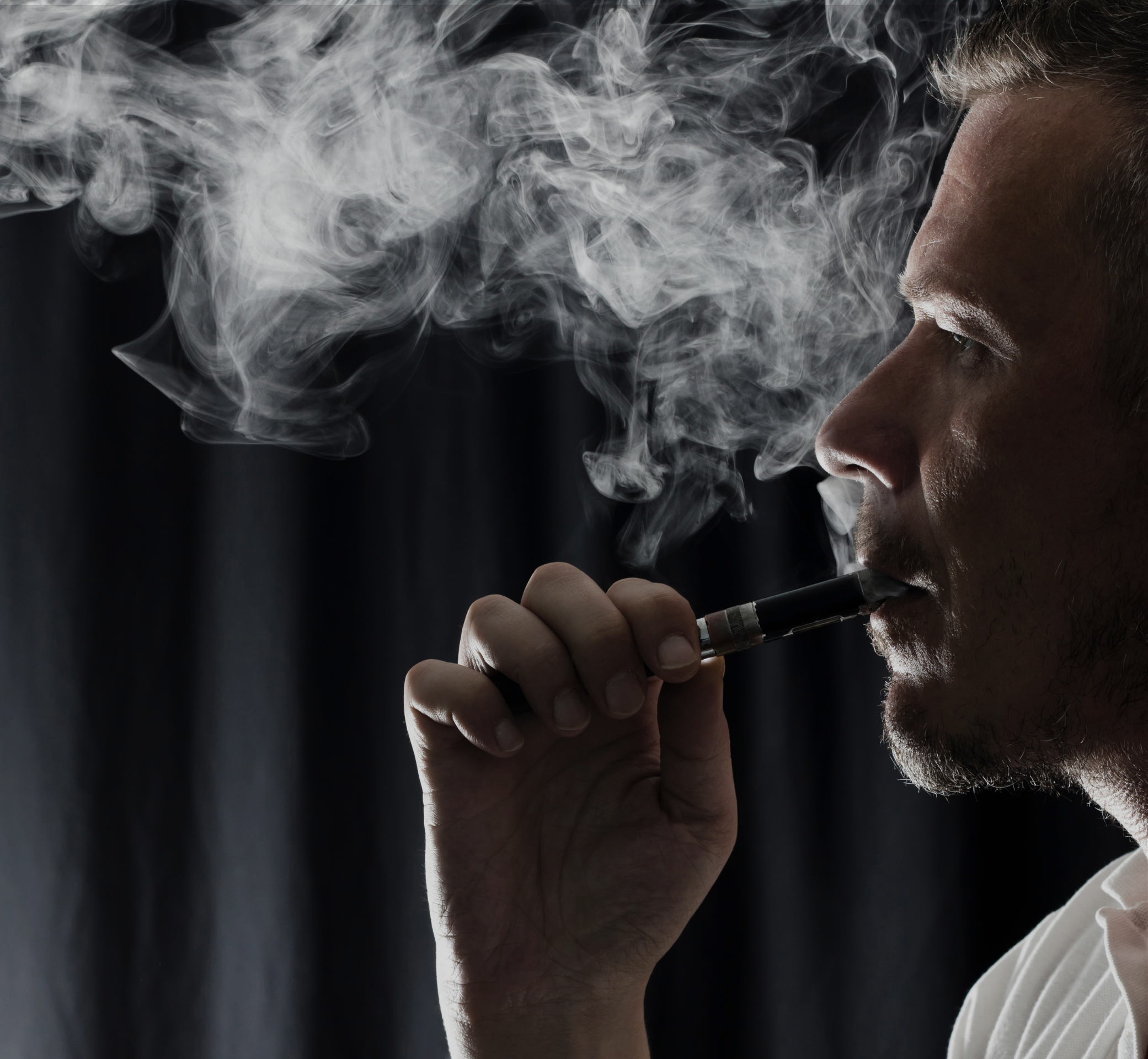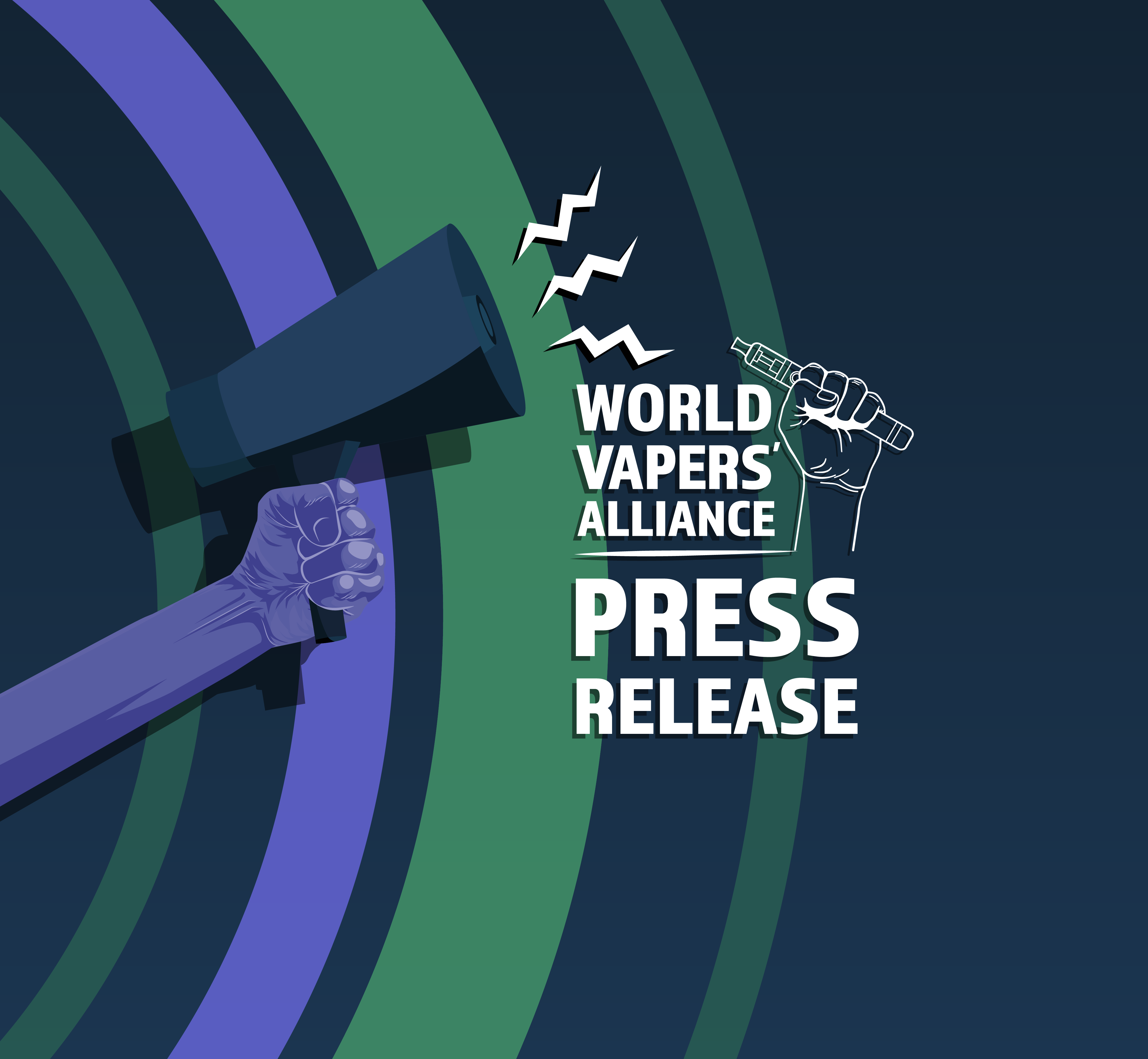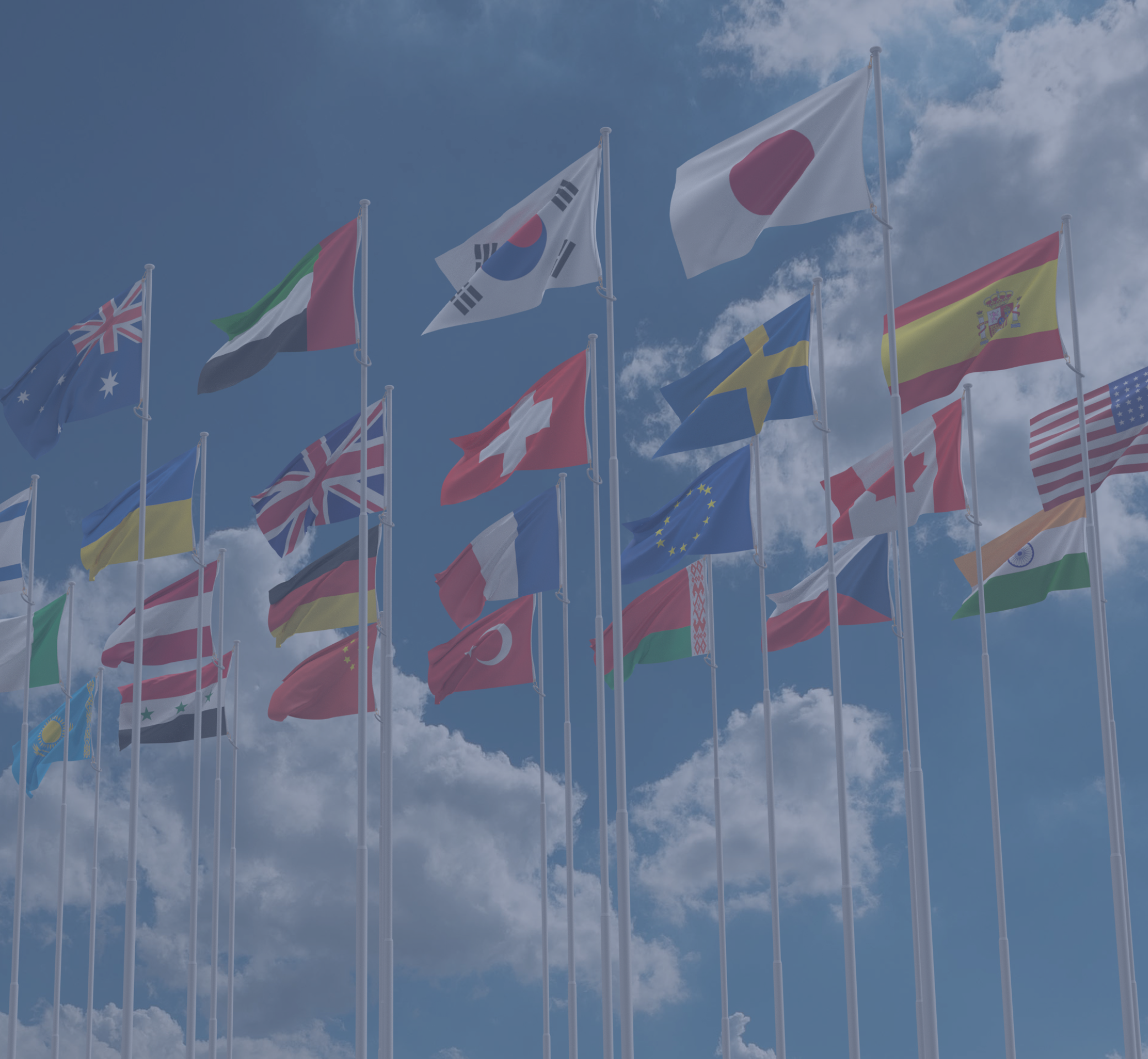Ως Βραζιλιάνος/α με βαθύ πάθος για τη μείωση της βλάβης και την ατομική ελευθερία, δεν μπορώ παρά να νιώθω απογοήτευση όταν βλέπω την κατάσταση με το άτμισμα στη Βραζιλία.
Είναι μια χώρα που φαίνεται να έχει κολλήσει στο παρελθόν, προσκολλημένη σε ξεπερασμένες πολιτικές και εκστρατείες εκφοβισμού, ενώ οι άνθρωποι πληρώνουν το τίμημα — κυριολεκτικά — με την υγεία τους. Αλλά δεν χρειάζεται να είναι έτσι. Υπάρχει ένα λαμπρό παράδειγμα στο οποίο μπορούμε να βασιστούμε: η Σουηδία.
Η Σουηδία ηγείται παγκοσμίως στη μείωση της βλάβης από τον καπνό και η επιτυχία της είναι αναμφισβήτητη. Μέσω καινοτόμων πολιτικών και μιας ρεαλιστικής προσέγγισης στη χρήση νικοτίνης, κατάφερε να επιτύχει κάτι εξαιρετικό — ένα ιστορικό χαμηλό ποσοστό καπνίσματος μόλις 5%. Ουσιαστικά, έκανε το κάπνισμα παρελθόν, όχι απαγορεύοντας τις εναλλακτικές λύσεις αλλά υιοθετώντας τες.
ΤΗ βραζιλιάνικη προσέγγιση: Απαγόρευση και στίγμα
Στη Βραζιλία, το άτμισμα βρίσκεται σε μια νομικά γκρίζα ζώνη. Τα άτμισμα, οι θερμαντήρες καπνού, τα υγρά αναπλήρωσης νικοτίνης και οτιδήποτε σχετίζεται με το THR απαγορεύονται κατηγορηματικά. Η επίσημη θέση της ANVISA (Εθνική Υπηρεσία Επιτήρησης Υγείας της Βραζιλίας) είναι σαφής στη δήλωσή της: το άτμισμα είναι επικίνδυνο και πρέπει να αποφεύγεται πάση θυσία, κυρίως λόγω της νεολαίας.
Αλλά το θέμα είναι ότι ο κόσμος εξακολουθεί να ατμίζει.
Η μαύρη αγορά προϊόντων ατμίσματος ακμάζει και είναι εντελώς ανεξέλεγκτη. Αντί να διασφαλίζει την ασφάλεια αυτών των προϊόντων, η απαγόρευση της Βραζιλίας αφήνει τους καταναλωτές ευάλωτους σε παραποιημένα και δυνητικά επιβλαβή προϊόντα. Το χειρότερο είναι ότι η ρητορική γύρω από το άτμισμα εδώ είναι ανησυχητική. Οι εκστρατείες δημόσιας υγείας, τα πρωτοσέλιδα και τα ρεπορτάζ σε τοπικά νέα δαιμονοποιούν το άτμισμα με κάθε κόστος, συγκρίνοντάς το με τα παραδοσιακά τσιγάρα (ή ακόμα και λέγοντας ότι αυτό είναι χειρότερο), παρά τα συντριπτικά επιστημονικά στοιχεία σε όλο τον κόσμο ότι το άτμισμα είναι σημαντικά λιγότερο επιβλαβές.
Ως αποτέλεσμα, οι καπνιστές που μπορεί να έχουν στραφεί σε μια ασφαλέστερη εναλλακτική λύση είτε επιμένουν στα τσιγάρα είτε διακινδυνεύουν να αγοράσουν μη ρυθμιζόμενα προϊόντα, ενώ οι νέοι καταναλώνουν ηλεκτρονικά τσιγάρα από τη μαύρη αγορά. Είναι μια κατάσταση όπου όλοι χάνουν.
Από την άλλη πλευρά, πρέπει να εξετάσουμε τη Σουηδία. Αυτό το μικρό σκανδιναβικό έθνος έχει γίνει παγκόσμιος ηγέτης στη μείωση της βλάβης κάνοντας ακριβώς το αντίθετο από αυτό που κάνει η Βραζιλία. Αντί για απαγορεύσεις, η Σουηδία προωθεί την πρόσβαση σε λιγότερο επιβλαβή προϊόντα νικοτίνης, όπως το snus και, πιο πρόσφατα, το άτμισμα.
Το snus — ένα προϊόν καπνού χωρίς καπνό — αποτελεί κρίσιμο μέρος της στρατηγικής της Σουηδίας. Ενώ η ΕΕ απαγορεύει το snus σε άλλα κράτη μέλη, η Σουηδία διαπραγματεύτηκε μια εξαίρεση, αναγνωρίζοντας τις δυνατότητές του να μειώσει τα ποσοστά καπνίσματος. Το αποτέλεσμα; Μια συγκλονιστική μείωση των ασθενειών και των θανάτων που σχετίζονται με το κάπνισμα. Όταν το άτμισμα εισήλθε στην αγορά, η Σουηδία υιοθέτησε την ίδια ρεαλιστική προσέγγιση. Αντί να το φοβούνται, το υιοθέτησαν ως ένα ακόμη εργαλείο για τη μείωση της βλάβης. Οι σουηδικές αρχές επικεντρώνονται στην ενημέρωση του κοινού σχετικά με τους σχετικούς κινδύνους των προϊόντων νικοτίνης. Το μήνυμα είναι σαφές: ενώ κανένα προϊόν νικοτίνης δεν είναι ασφαλές, εναλλακτικές λύσεις όπως το άτμισμα είναι πολύ λιγότερο επιβλαβείς από το κάπνισμα.
Και οι αριθμοί μιλούν από μόνοι τους. Τα ποσοστά καρκίνου που σχετίζονται με τον καπνό στη Σουηδία είναι τα χαμηλότερα στην Ευρώπη. Σκεφτείτε το για ένα δευτερόλεπτο - μια χώρα που επέλεξε την εκπαίδευση και την προσβασιμότητα αντί της απαγόρευσης είναι πλέον παγκόσμιος ηγέτης στα αποτελέσματα της δημόσιας υγείας.
Η Βραζιλία προτρέπει να αφυπνιστεί και να δει τη μεγαλύτερη εικόνα. Ο πόλεμος κατά του ατμίσματος δεν βοηθά κανέναν — βλάπτει τους καπνιστές, ενδυναμώνει τη μαύρη αγορά και σπαταλά δημόσιους πόρους σε αναποτελεσματικές εκστρατείες. Η χώρα πρέπει να αλλάξει νοοτροπία από το “κόψτε το κάπνισμα ή πεθάνετε” στη μείωση της βλάβης. Οι άνθρωποι θα καταναλώνουν πάντα νικοτίνη και η προσφορά ασφαλέστερων εναλλακτικών λύσεων είναι ο υπεύθυνος δρόμος προς τα εμπρός.
Εντάξει, αλλά τι μπορούμε να κάνουμε;
Δεδομένου ότι ήδη γνωρίζουμε ότι η απαγόρευση δεν λειτουργεί, θα πρέπει να ρυθμίσουμε τα προϊόντα ατμίσματος, διασφαλίζοντας ότι πληρούν τα πρότυπα ασφαλείας. Αυτό θα προστάτευε τους καταναλωτές και θα έδιωχνε τη μαύρη αγορά. Επίσης, ένα άλλο πράγμα που σίγουρα δεν λειτουργεί είναι οι εκστρατείες που βασίζονται στον φόβο, αλλά η εστίαση στην εκπαίδευση των ανθρώπων σχετικά με τους κινδύνους του καπνίσματος έναντι της σχετικής ασφάλειας του ατμίσματος μπορεί να αλλάξει ολόκληρο το παιχνίδι. Και τέλος, αλλά εξίσου σημαντικό, Η ενδυνάμωση των καπνιστών για αλλαγή είναι ο καλύτερος τρόπος για να λειτουργήσει αποτελεσματικά. Αντί να ντροπιάζετε τους καπνιστές, δώστε τους την ελεύθερη επιλογή (αφού φυσικά την έχουν στην κατοχή τους) να στραφούν σε ασφαλέστερες εναλλακτικές λύσεις, πράγμα που σημαίνει ότι τα προϊόντα ατμίσματος θα είναι νόμιμα, προσβάσιμα και οικονομικά προσιτά.
Και γιατί έχουν σημασία όλα αυτά;
Δεν πρόκειται μόνο για στατιστικά στοιχεία δημόσιας υγείας ή για να κάνουμε τη Βραζιλία να φαίνεται καλή στη διεθνή κοινότητα — πρόκειται για πραγματικές ζωές Βραζιλιάνων.
Κάθε καπνιστής που δεν έχει πρόσβαση σε μια ασφαλέστερη εναλλακτική λύση κινδυνεύει από καταστροφικές ασθένειες όπως καρκίνος, καρδιακές παθήσεις και εγκεφαλικό επεισόδιο. Κάθε άτομο που αγοράζει ένα μη ρυθμιζόμενο προϊόν παίζει με την υγεία του. Η Σουηδία αποτελεί σαφή απόδειξη ότι μια προσέγγιση μείωσης της βλάβης λειτουργεί. Ήρθε η ώρα η Βραζιλία να σταματήσει να δυσφημεί το άτμισμα και να αρχίσει να το υιοθετεί ως εργαλείο που σώζει ζωές.
Ως φιλελεύθερος και υπέρμαχος της μείωσης της βλάβης, πιστεύω στην προσωπική ελευθερία. Οι άνθρωποι θα πρέπει να έχουν το δικαίωμα να επιλέγουν ασφαλέστερες εναλλακτικές λύσεις χωρίς να τιμωρούνται ή να παραπλανώνται. Ο ρόλος της κυβέρνησης θα πρέπει να είναι η ενημέρωση, όχι ο έλεγχος.
Ονειρεύομαι ένα μέλλον όπου η Βραζιλία θα ακολουθήσει το παράδειγμα της Σουηδίας. Τα ποσοστά καπνίσματος θα καταρρεύσουν, η δημόσια υγεία θα βελτιωθεί και χιλιάδες — αν όχι εκατομμύρια — ζωές θα σωθούν. Αυτή είναι η χώρα που θέλω να δω να γίνεται η Βραζιλία, και αυτό ξεκινά με την απελευθέρωση από την αλυσίδα της απαγόρευσης.
Η επιλογή είναι ξεκάθαρη και ελπίζω να λάβουμε σοφές αποφάσεις. Ζωές εξαρτώνται από αυτήν.






Μία Απάντηση